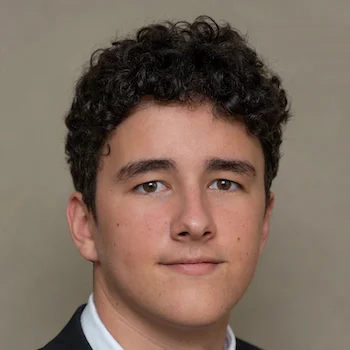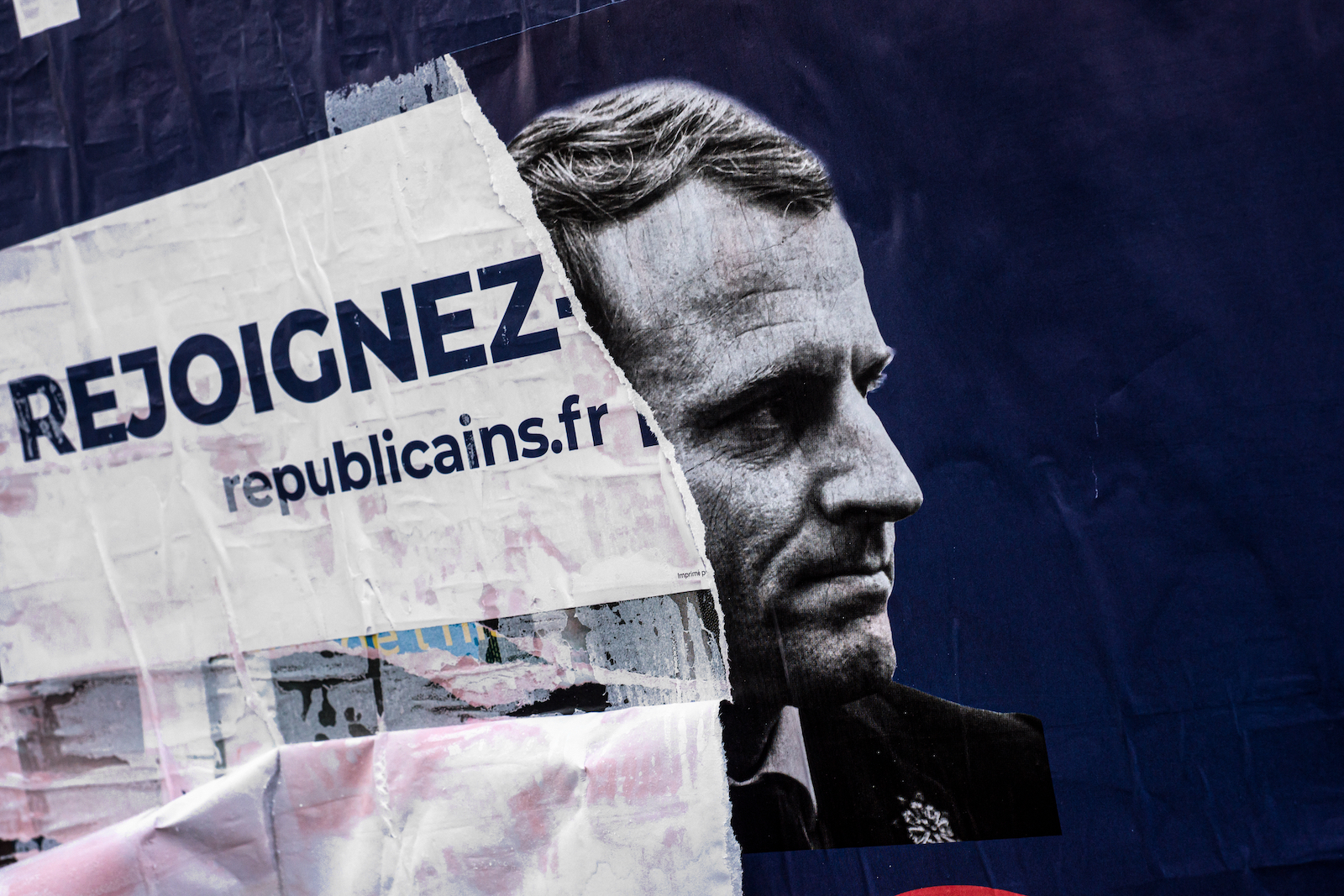
Immigrants Face an Uncertain Landscape in Post-Election France
The unexpected victory of France’s left-wing coalition, the New Popular Front (NPF), over the far-right National Rally (RN) in the recent snap elections motivated hundreds to flock to the Place de la République in the heart of Paris. Among the many political banners draped over the Monument to the Republic statue at the center of the plaza was one bearing the slogan, “La France est Tissu de Migrations,” translating to “France is a fabric of migration.” Participants held the banners high for all to see; one ran through the streets wearing a shirt that read “I ❤ Immigrés”— “I ❤ Immigrants.”
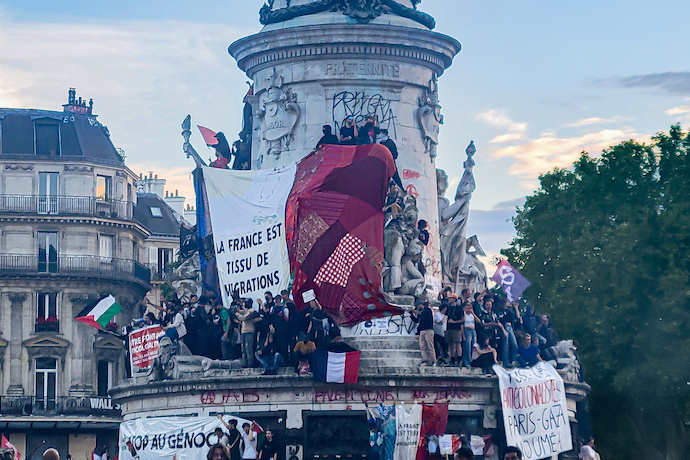
Why is the topic of immigration so prevalent in current French political discourse? And why was this victory so unexpected? The answer lies with the gains of the far-right in the recent elections for the EU parliament in June and what this victory represents for immigration policy.
The most significant shift in the makeup of the EU parliament is the new far-right party, Patriots for Europe (PE). It effectively absorbs the far-right party from the previous five-year term, Identity and Democracy, and brings together figures from rising far-right parties across Europe under one banner. The thirty members of the European Parliament (MEPs) from the RN joined forces with far-right parties from Hungary, Austria, and Spain, with the RN’s Jordan Bardella as the group’s president.
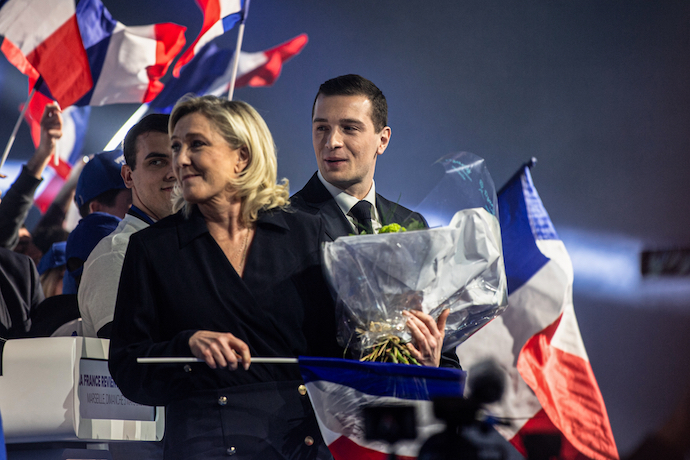
Consisting of eighty-four MEPs, Patriots for Europe now represents the third-largest party in the EU parliament; the far-right Identity and Democracy party was only positioned as the fifth-largest. This drastic growth made many left-leaning French voters skeptical of French President Emmanuel Macron’s call for a snap election of the National Assembly, part of the French government’s legislative branch because it gave the RN another chance to grow its government representation.
The RN advocates for an immigration policy based on familiarizing immigrant communities with a “European lifestyle” and limiting access to French social services. From their perspective, these services should be reserved for “native” French people, and the right to become French should be reserved for those who learn the language and assimilate into the culture.
Most recently, the party worked with Macron to pass a bill that requires non-EU migrants to wait several years before being eligible for government welfare programs and streamlines the process of deporting illegal immigrants. Leading up to its July campaign, the party firmly established “stopping the migratory submersion” as one of its main policy goals, including “drastically reducing legal and illegal immigration.” These policies are at odds with the NFPs, which seek to preserve the “droit de sol,” or citizenship by birth, and make citizenship more straightforward.
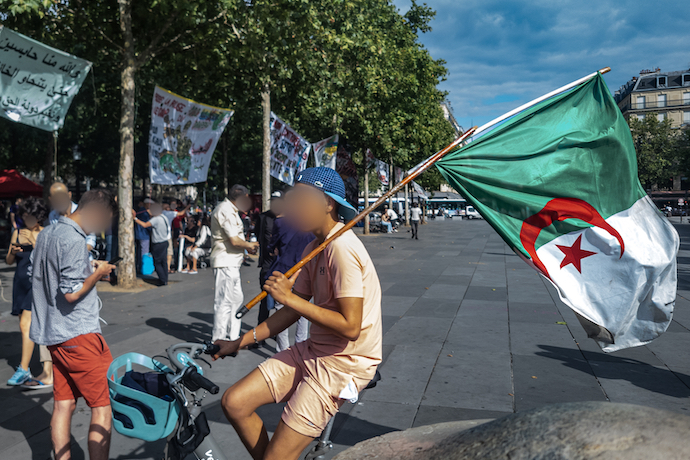
Bardella accuses the extreme left of wanting to “open the floodgates to immigration” and contributing to an “unprecedented regression of the public order.” The term “immigrationist” is often used to describe those who support pro-immigration policies such as these, as if to imply the existence of an ideology that welcomes the regression of public order that Bardella describes. Macron recently used this term to describe the NFP’s pro-immigration policies.
This policy view stems from a view of migrants as the other, representing an existential threat to European democracy. Most of France’s migrants are Muslim and come from predominantly Muslim countries like Algeria and Morocco. “In France in particular, the public opinion is so secular that it’s easy to go after Islam,” says Aboubakr Jamaï, a Moroccan journalist and professor at the American College of the Mediterranean in Aix-en-Provence, France. He attributes this perspective to a view that “The [French] way of life is the most humanist way of life” and that Muslim immigrants threaten its openness.
This belief manifests most prominently in legislation surrounding the public display of religion, which notably bans religious clothing items in schools and ban face coverings in public. In the French view, freedom of religion also includes freedom from religion. While all religious displays are subject to this criterion, it enables the targeting of specific culturally Muslim garments like the abaya under the guise of secularism.
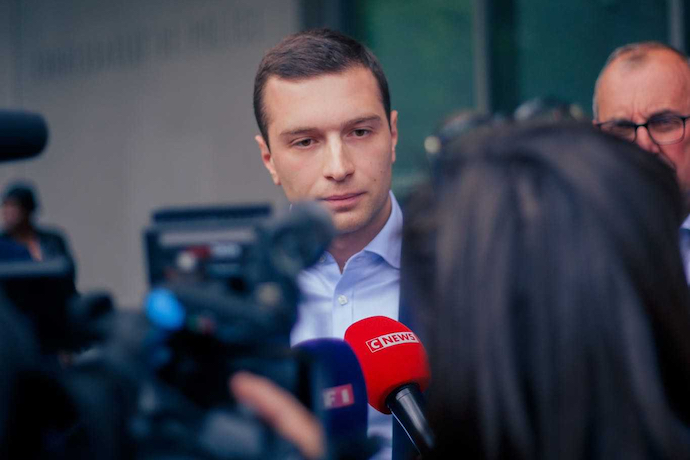
Despite the victory of the NFP setting the stage for a more open immigration policy, much remains to be done to improve the lives of immigrants in France once they arrive, not just the terms of their arrival. While France’s many parties may disagree about who should have the privilege of entering France and receiving its social services, none of them have adequately addressed the disconnect between a “traditional French lifestyle” and one influenced by Muslim, Arab, or North African culture. “I was so happy to leave France,” Jamaï recalls. “They call it ‘l’islamophobie de l’atmosphère.’ It’s in the air.” Even second or third-generation French citizens of Arab or North African descent are leaving the country in which they were born to escape the suffocating social environment.
These examples show why immigration stands out so much in the French consciousness; people on both sides of the debate feel the impacts of immigration politics in their communities daily. One doesn’t even need to be an active participant in politics to notice that a new tagine restaurant has opened up in your neighborhood or to experience discrimination based on the darker color of your skin.
Ely Taleb, an immigrant working as a barber in Paris, sums up his experiences living there as “a matter of being a community composed of different nationalities, religions, and traditions… It might not be because [Parisians] aren’t generous or good people, but I think it’s due to a lack of mutual trust.” With immigration remaining a battleground issue, the future remains uncertain on how legislators and communities will progress toward easing this mutual distrust.
